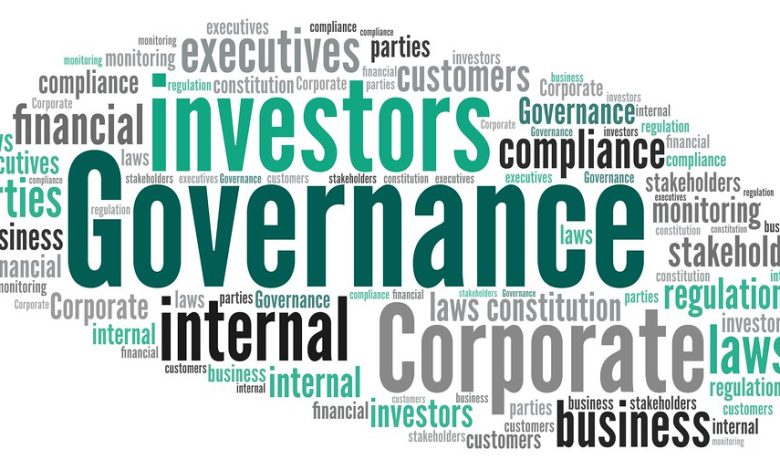Data Governance Best Practices for Businesses

As a business, you need to do your best to collect and organize data. After all, the more that you understand you can use your data, the more improvements you can make to your business. For better results for your business, follow these data governance best practices:
Use Cloud Storage
You should start by getting cloud storage for your business. Cloud storage allows your business to store its important files and data online, so you have a place to back it up. Cloud storage works well since you can save files to your computers while also updating the online storage, so you always have the most recent files.
This makes it easier for your business to share data between its employees. This also helps you to not lose data since you backed it up in the cloud in case someone deletes the files. This requires you to pay for a cloud storage service, but it can save your business time and money.
Utilize Data Lineage
Some businesses will take advantage of data lineage as a simple way to understand how their data works. It shows you where you got your data from, where it went and where it ended up. For example, if you have a landing page, the data lineage would start with the customers entering their data into the page, the data going to your database, and getting added to an area of the database.
Your business could use data lineage techniques to help itself remain organized. If you keep track of where you got the data, you can figure out which places you should focus on, so you can collect data for your business.
Protect Your Data
You also need to find a way to protect your data whenever you collect it. For example, your business may collect sensitive information about customers including their credit card numbers, so you don’t want hackers to access them. Otherwise, you run the risk of your customers never trusting you again due to the information leaks.
This means you should find effective ways for your business to protect data, so you don’t run into this issue. Make sure you look through the security options available to keep your business and customers safe. This means you need to seek out the best security options if you want to minimize potential risks for your business.
Create Data Roles
Businesses should also create data roles to keep the information organized and clear. This means you have specific people in your business in charge of various parts of data, so you can understand what the data offers. This includes roles such as data analysts, data managers, and even data owners.
For example, data analysts will look into the data to let you know what it says about your customers. Data managers can look over those in charge of data to make sure everything works properly and efficiently. Data owners can keep types of data in one place, so your business can remain organized and not lose track of any important data.
Use Data Organization Software
Organizing data on your own may seem difficult, but you can also look into data organization software. This software will place your data in specific places based on your data and its purpose. For example, you could keep contact information in one place while leaving payment information in another as an easy way to remain organized.
The software will also organize the data based on what your business wants. For example, if you want to alphabetize the data, you can do so through the software. From there, you can have your data owners pay attention to the software and make sure it works properly, so your business can remain organized.
Conclusion
Keeping track of your data will help your business avoid any issues while also helping it remain organized. You should look into the most efficient ways for your business to maintain its data governance, so you can avoid problems. As you do so, you can help your business keep track of the data it needs, so it can use the data to improve itself and effectively grow.
Read More: DRM technology and its significance for OTT platforms

